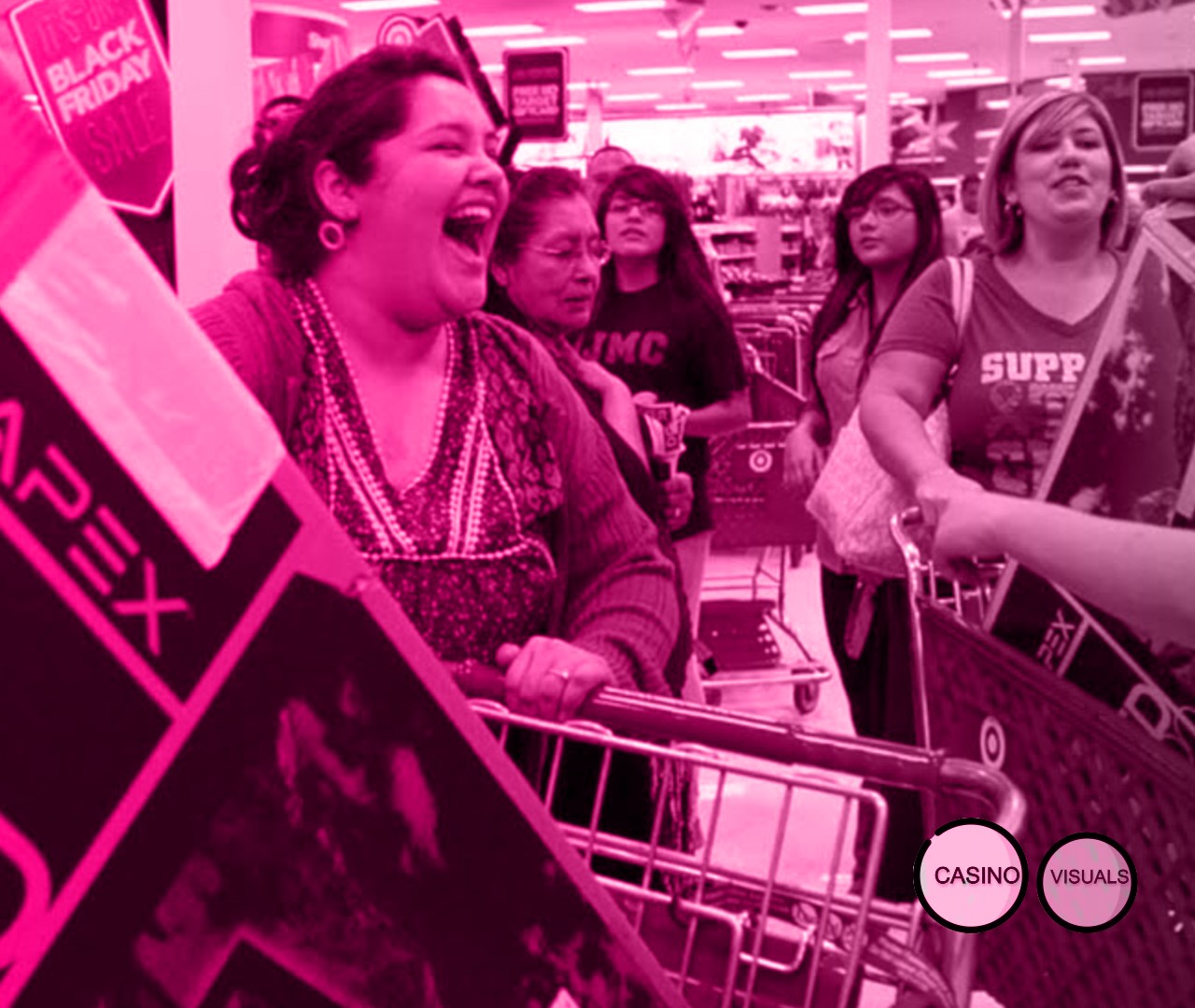
Bonuses like matched deposits (where the casino doubles your deposit, say, $50 becomes $100) or free credits (like a $10 chip for slots) are the online gaming version of snagging a Black Friday deal at Target. They make you feel like you’re getting extra for less, which can nudge you to play more. Research from the Gambling Commission shows these offers often lead players to gamble beyond their usual limits, as the “free” money feels less like real cash. It’s like buying an extra pair of sneakers because they’re “buy one, get one half off” – you spend more than planned.
Set a budget before claiming that shiny bonus, just like you’d plan your spending for a Coachella weekend. Use tools like deposit limits on gaming sites to stick to your plan and avoid chasing the “free” money trap.
The Thrill of a Bonus
Ever watched Chris Hemsworth as Thor swinging his hammer with confidence? That’s the vibe some players get with bonuses. Studies suggest free bets or boosted odds make players feel safer taking bigger risks, like betting on a long-shot slot jackpot or a high-stakes poker hand. The “house money effect” kicks in, where you treat bonus cash as less valuable, so you’re more likely to place riskier bets. It’s like using Monopoly money at a Comic-Con game booth – it doesn’t feel like losing until it’s gone.
Treat bonus money like your own hard-earned cash. Before betting big, take a breather and ask, “Would I risk this if it was my Spotify subscription money?” Most platforms offer reality checks to remind you how long you’ve been playing, so use them to stay grounded.
Warped Perceptions of Winnings
Bonuses can make winnings feel like a Super Bowl touchdown, even if they’re small. The Gambling Commission found that players often overlook losses tied to bonus wagering requirements (like betting 20x your bonus before cashing out) and focus only on the “wins.” It’s like bragging about a Kylie Jenner-level makeup haul without mentioning the credit card bill. This skewed view can keep you playing longer, chasing that next “big win.”
Read the fine print on bonuses, just like you’d check the return policy before buying a Peloton. Look for low wagering requirements and set a clear goal for when to cash out. Responsible gambling tools, like session time limits, can help you stay in control.
Bonuses as a Carnival Barker
Promotional offers often lure players to try new games, like casino slots instead of sports betting, much like a carnival barker at Disneyland drawing you to a new ride. Data shows bonuses act as a gateway, encouraging players to explore riskier or less familiar games, sometimes increasing their overall gambling budget. It’s like signing up for a Netflix trial and suddenly binge-watching a genre you’d never try otherwise.
Stick to games you know and enjoy, and don’t let bonuses push you into uncharted territory. Use self-exclusion options for specific game types if you feel tempted to stray too far. It’s like skipping that extra Uber Eats order to save your wallet.
The Urgency Trap
Some bonuses come with countdown timers, like a Prime Day sale on Amazon, creating a sense of urgency. This can lead to impulsive bets or longer sessions as you rush to meet wagering requirements. Research highlights that players sometimes set alarms to gamble at “lucky” times (like 3 AM!) to maximize offers, which can disrupt healthy routines. It’s like staying up late to snag Harry Styles concert tickets.
Don’t let time-limited offers rush you. Plan your gaming like you’d schedule a Zoom call – at a time that fits your life. Most sites offer cooling-off periods to pause your account if the pressure feels too much.
Impact of Promotional Offers |
Effect on Player Behavior |
Responsible Gambling Practice |
|---|---|---|
Allure of “Free” Money
Bonuses like matched deposits ($50 becomes $100) or free credits ($10 slot chip) feel like a Black Friday deal at Target. |
Players gamble beyond usual limits, treating “free” money as less real, per Gambling Commission research. Like buying extra sneakers on a “buy one, get one half off” deal. |
Set a budget before claiming bonuses, like planning for a Coachella weekend. Use deposit limits to stick to your plan and avoid chasing the “free” money trap. |
Riskier Bets
Free bets or boosted odds give a Thor-like confidence, as seen with Chris Hemsworth’s hammer swings. |
“House money effect” leads to riskier bets (e.g., long-shot slot jackpots or high-stakes poker) as bonus cash feels less valuable. Like using Monopoly money at Comic-Con. |
Treat bonus money like real cash. Ask, “Would I risk this if it was my Spotify subscription money?” Use reality checks to track playtime and stay grounded. |
Warped Perceptions of Winnings
Bonuses make small wins feel like a Super Bowl touchdown. |
Players overlook losses from wagering requirements (e.g., betting 20x bonus) and focus on “wins,” per Gambling Commission. Like bragging about a Kylie Jenner makeup haul, ignoring the bill. |
Read bonus terms, like checking a Peloton’s return policy. Seek low wagering requirements and set cash-out goals. Use session time limits to stay in control. |
Gateway to New Games
Bonuses lure players to new games, like a Disneyland carnival barker hyping a new ride. |
Encourages trying riskier or unfamiliar games (e.g., slots over sports betting), increasing gambling budgets. Like binge-watching a new Netflix genre. |
Stick to familiar games and avoid bonus-driven exploration. Use self-exclusion for specific game types, like skipping an extra Uber Eats order to save cash. |
Urgency Trap
Countdown timers on bonuses, like an Amazon Prime Day sale, create pressure. |
Leads to impulsive bets or longer sessions to meet requirements. Some set “lucky” alarms (e.g., 3 AM), disrupting routines, like chasing Harry Styles tickets. |
Plan gaming like a Zoom call, at a time that fits your life. Use cooling-off periods to pause accounts if time-limited offers feel overwhelming. |